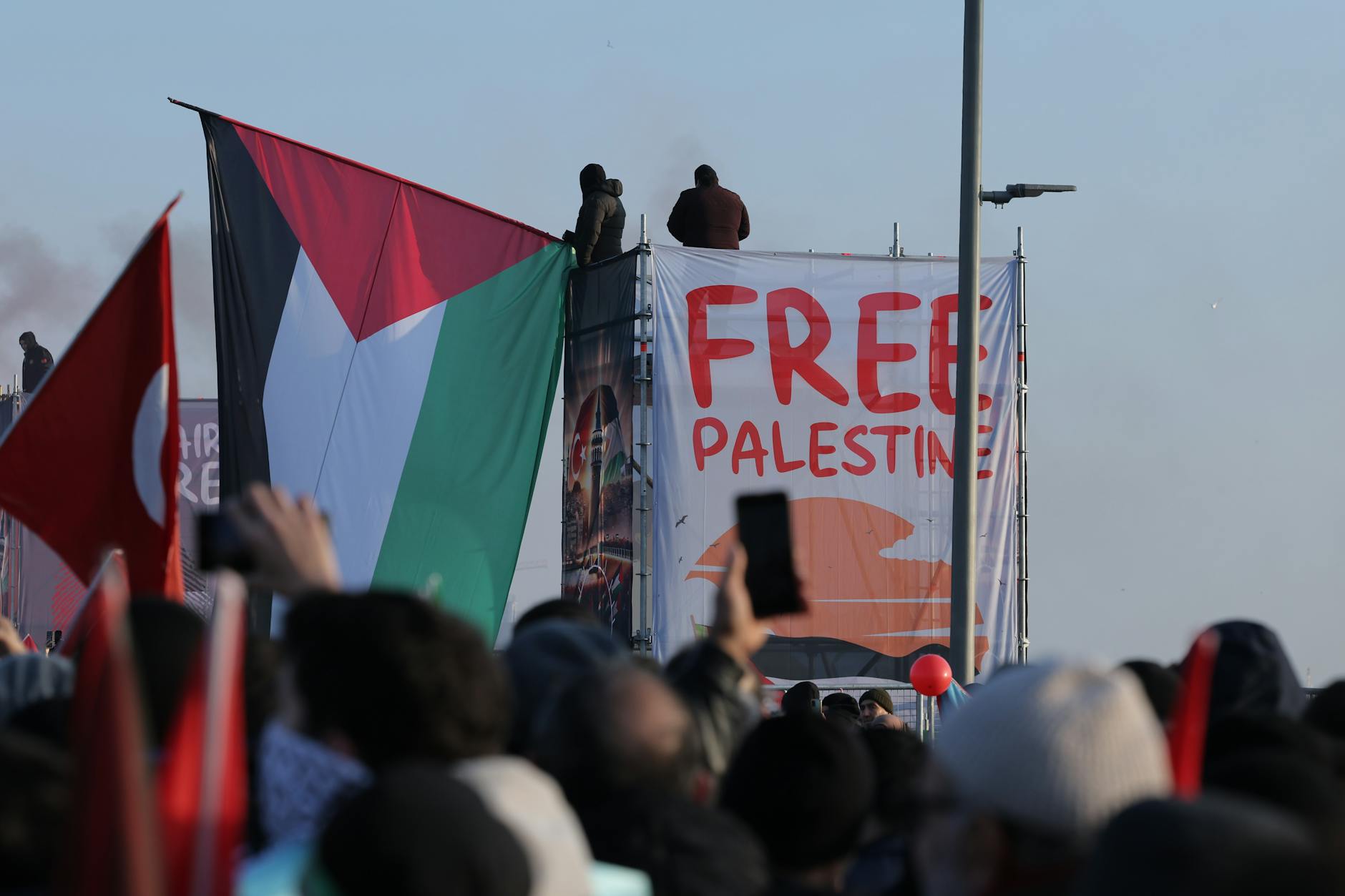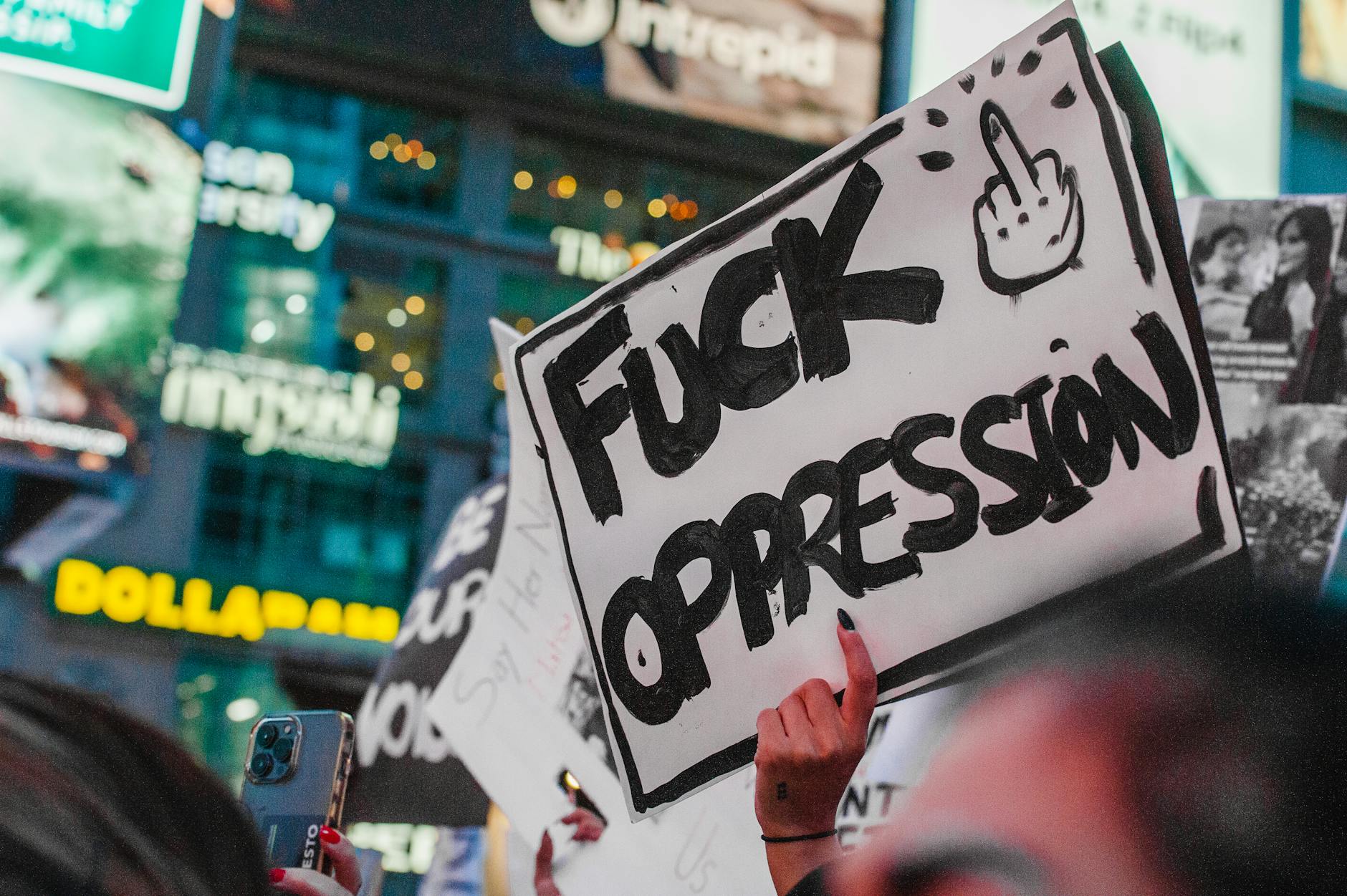I: Introduction
Third is (as its title already tells us) the third album by the Canterbury Scene/psychedelic/progressive rock/jazz-fusion band, Soft Machine. The album came out in 1970. It’s the first Soft Machine album with saxophonist Elton Dean, and it–with Fourth–is of the two Soft Machine albums with him, original members Mike Ratledge (keyboards) and Robert Wyatt (drums/vocals), and it’s the second album with bassist Hugh Hopper (though he’d previously been their road manager and played bass on one of the tracks on their first album, as well as him getting songwriting credits on three of that album’s tracks).
As with Pink Floyd, Soft Machine (originally The Soft Machine, named after a novel by William S. Burroughs, and which even had briefly included guitarist/vocalist Daevid Allen) was a psychedelic band before venturing into progressive rock and jazz (Floyd having ventured off into what many call progressive rock, but due to the lack of virtuosic musicianship or complexity in their otherwise long songs, I’d just say Pink Floyd’s music is just uniquely their music…defying categorization). Third, though not completing the transition into jazz just yet, is clearly many huge leaps in that direction.
Vestiges of the old trippy, psychedelic sound can be heard at the experimental beginning and ending of “Facelift,” more or less throughout Wyatt’s “Moon in June,” and at the beginning and ending of Ratledge’s “Out-Bloody-Rageous,” with its trippy, repetitive, multi-tracked electric piano parts slowly fading in and out.
The fact that Third is a transitional album between Soft Machine’s original psychedelic rock sound and the jazz-fusion sound they’d eventually settle on is significant, particularly with respect to Wyatt’s place in the band. Significantly, “Moon in June” is not only the sole song on Third to have vocals and lyrics, but it’s also the very last Soft Machine track to have them.
From this point on to Wyatt’s leaving the band after Fourth, he would feel disenchanted about the direction Soft Machine was going in. He wanted to continue as a singer as well as a drummer, while the other three wanted to make purely instrumental jazz. Accordingly, his musical ideas were increasingly rejected by the other three. (Now, while I thoroughly respect Wyatt as a great drummer whose playing was tragically cut short after an accident at a party had left then-drunk Wyatt paralyzed from the waist down, I can understand the wish to play all instrumental music, as–I’m sorry to say this–he wasn’t always a great singer…he tends to sound flat from time to time.) After Fourth, Wyatt cofounded Matching Mole, a band whose name was inspired by, and is a pun on, the French translation of Soft Machine–‘Machine Molle.’ This new band could be seen as Wyatt’s vision of how Soft Machine should have been. They made music for about three years before Wyatt’s accident.
“Moon in June” can thus be seen as the centrepiece of Third, reflecting Wyatt’s “dilemma” of going on making instrumental jazz with Soft Machine, or singing in a different, progressive/psychedelic band.
II: Facelift
This track, being Side A of the double LP, was mostly recorded live at the Fairfield Halls, Croydon, on the 4th of January, 1970. The band performing was a short-lived quintet version of Soft Machine, with Ratledge, Wyatt, Hopper, Dean, and saxist/flautist Lyn Dobson. A brief section was recorded in the Mothers Club, Birmingham, on the 11th of January, 1970. Some recordings are from the 1969 Spaced project. Parts of “Facelift” involve tape collage and speeding up, slowing down, looping, and playing tapes backwards.
The music begins with Ratledge playing a Lowrey organ put through a fuzz box and Wah-wah (It’s clearly of the Spaced musical ideas mentioned above). Later, the saxes, bass, and drums join in. The music is in E minor.
As the drums are banging away in the background, the saxes are playing a convoluted tune that seems almost to go on forever. Next, there’s a tune in seven whose progression in the bass is E, E…F♯-F♯, G-G, F♯-F♯, and back to E to repeat the cycle. On top of this, the saxes play a shrill, grating melody. Over the grating sax, Ratledge does an organ solo.
After this, things slow down, with Ratledge playing low notes on a Hohner Pianet. Some brief sax playing segues into a slow, quieter section with Dobson doing a flute solo. Some of the notes he plays are of the breathy tone we’d expect from Ian Anderson of Jethro Tull.
As the flute solo continues, the rest of the band comes in, with sax honking and Ratledge’s Hohner Pianet. Eventually, a sax takes over the soloing, Dobson’s soprano sax. This fades a bit in volume.
Finally, there’s a return to the up-and-down chords in E, F♯, G, F♯, E riff, but on the Hohner Pianet. Then there’s a return to that convoluted sax tune, doubled on the Lowrey organ. Then, two treatments of this long riff are heard backwards simultaneously. The music fades out.
III: Slightly All the Time
Here is the first Soft Machine track that is 100% jazz. What was slightly jazzy on Soft Machine’s second album, Volume Two, is now jazzy all the time. The band has given themselves a facelift, of sorts, from psychedelic band to jazz band.
This second track, Side B of the double LP, is a medley of different instrumentals that include Ratledge’s “Backwards” and Hopper’s “Noisette.”
The music begins in D, with a bass line playing roots, fifths, and octaves, up and down: D, A, D. Next, we hear bass harmonics with roots and fifths again, as well as fourths, G. Wyatt starts playing on his hi-hat.
Then, the Hohner Pianet comes in with Dean’s alto sax and the rest of Wyatt’s drum kit. The music switches from chords grounded in D Dorian down to B♭major 7th, then back up to D Dorian. Next, a move up to the subdominant in G Dorian, then to the dominant, in A Dorian. Then, the progression goes up to C Dorian, and back up to the tonic D Dorian.
The band plays a brief passage in 11/8 time (subdivided 3+4+4), then goes back to the original progression, but with Dean soloing instead of playing the composed melody of before. With every return to the D Dorian tonic, there’s an overdubbed, harmonized, ascending sax refrain in triplets, then Dean continues soloing. This cycle goes on several times, then there’s a return to the composed sax melody.
Next is a return to the fast 11/8 passage. Then Ratledge’s Hohner Pianet takes it up to E Dorian, still in 11/8, but it’s subdivided 4+3+4 this time. We hear flute soloing by Jimmy Hastings. The 11/8 part on the Hohner Pianet is usually subdivided as just described, but sometimes it’s subdivided 3+3+3+2, at a ratio of four times to one, then two to one. The flute soloing continues (actually, it’s two overdubbed flute solos).
Next comes a passage in 9/4. We hear improvisations over a chord progression on the Hohner Pianet, going up and down, of A minor ninth and G minor ninth chords. First, Dean solos, then Ratledge does on the organ. You can hear Hastings playing a bass clarinet in the background, ascending notes of G, B♭, and C.
Next, we hear a soft rendition of Hugh Hopper’s “Noisette,” the melody heard on Dean’s sax. Then we hear Ratledge’s “Backwards” chord progression, a beautiful example of jazzy parallel harmony using mostly minor 7th or minor 9th chords. Dean solos over this progression.
After this soft passage, the progression will be done in quick, lively nine-beat cycles of 4+5 or 3+3+3, so an additive metre of 4+5/8 time, and sometimes, 9/8. Dean continues soloing, backed by Ratledge on the Hohner Pianet, then later on the Hammond organ, Hopper’s fingers wandering all over the neck of his bass, and Wyatt’s drums getting more and more aggressive, culminating in a fast roll of triplets on the snare to bring this section to a climactic end.
The track ends with a louder, more intense and powerful return to “Noisette,” and a loud honk from Dean’s sax on a high A.
IV: Moon in June
Side C of the double album, this track begins in E Mixolydian. Here is a link to the complete lyric.
The song is in three parts: Wyatt plays all the instruments for the first part (I suppose this means he even played that high-pitched bass solo early on, rather than Hopper, whose fuzz bass will be clearly demonstrated about ten minutes into the track). The second part, with Ratledge and Hopper, is an instrumental passage of the jazz-oriented style we largely hear on the rest of the album. The third part is a drone featuring Wyatt doing scat singing and violinist Rab Spall, whose playing was recorded separately, with the tape sped up and slowed down to make it fit with the rest of the music.
It’s telling that “Moon in June” is not only the last Soft Machine song with lyrics and vocals, and the last Soft Machine song written by Wyatt, but also largely a solo song of his rather than one played by the whole band from beginning to end (Dean, one of the main forces moving the band in a jazz direction, significantly doesn’t appear on this track at all). I hear in this song a kind of allegorical expression of Wyatt’s increasing alienation from Ratledge, Hopper, and Dean.
Essentially, “Moon in June” (named after a 1929 play, called June Moon, which was made into a movie in 1931, about an aspiring young lyricist who goes to New York City and falls in love with a girl there; evidently from reading Wyatt’s lyric, one can see that he identifies with the lyricist in the play/movie) is about Wyatt being in New York and in an affair with a girl there, yet he also feels homesick for England.
Wyatt’s “dilemma”–about whether to stay with this girl “in New York State” or to be “home again” back in England–I believe can be seen as allegorical of his tough decision about whether to stay in Soft Machine, with its continuing move in the direction of jazz (a music form that originated in the US), or to return to his psychedelic musical roots by leaving the band and starting a new one (i.e., Matching Mole, from England) that will play music allowing him to sing as well as play the drums. (On his debut solo album, End of an Ear (1970), Wyatt described himself as an “Out of work pop singer currently on drums with Soft Machine.”)
The “dilemma between what [he] need[s] and what [he] just want[s]” is between the need to play the kind of music he was meant to play and enjoying the pleasures of being in a band where he can play gigs, make money, party, and chase women. This last pleasure, of course, is described rather explicitly in the next part of the opening verse.
In the second verse, particularly towards the end of it, Wyatt seems confused as to which choice in his dilemma is a need and which is a want (“‘Tis all the thing I want is need”). He also seems confused about his own identity: is he himself, or is he the girl? (“‘Til all the thing I are [sic] I’m you.”) “I are,” as in you are. The girl, in this context, represents Soft Machine, for from the perspective of male lust, a woman’s body is a ‘soft machine’ of sorts. He’s in the band, just as he’s in her sexually (“Between [her] thighs”).
After this second verse, we get the bass solo, which given the skill in playing it, I still have difficulty believing Wyatt played it instead of Hopper; the drums were Wyatt’s main instrument–as a secondary instrument for him, the bass would have been something he presumably little more than dabbled at playing. In any case, this confusion between Wyatt and Hopper reinforces our sense of the former’s enmeshment in the band (“I’m you.”).
In the third verse, Wyatt discusses more of his lovemaking with the girl, and his talk of “needs” and “wanting” sounds like more of the interchangeability of the two, reinforcing the sense of his dilemma: to stay in Soft Machine, or to quit? She, Soft Machine personified, is “on the [phallic] horns of [his] dilemma.”
“Oh, wait a minute” sounds like his Hamlet-like indecisiveness and delaying of an answer to his question: to be or not to be in Soft Machine? It’s “lovely here in New York State” (i.e., touring the US with the band), but he wishes he “were home again” (i.e., with a new British band, playing the kind of music he should be playing–with vocals).
It’s fitting that this album is named Third, not just because it’s the third Soft Machine album, but also because it can be understood to represent the third element of the dialectic—sublation, or a reconciling of opposing ideas. This is not to say that the first two albums respectively must be considered the thesis and negation (i.e., a purely psychedelic album and a purely jazz album; though the first album is purely psychedelic rock, it’s Fourth that’s purely a jazz album, not Volume Two, which is still largely psychedelic with some jazz leanings). So the true psychedelic/jazz dialectic, if you will, of Soft Machine is thesis (the first album–psychedelic), negation (Fourth–jazz), and sublation (Third–jazz and psychedelic rock, as heard especially in “Moon in June”).
This sublated dialectic can also be seen in the title of Wyatt’s song here. Apart from its obvious reference to the play and film mentioned above, “Moon in June” can also represent sublated opposites: the moon during one of the sunniest months of the northern hemisphere (or at least in late June). There’s the darkness of a moonlit night as against a time when the northern hemisphere is tilted towards the sun. The moon and stars give light in the darkness of the night, at a time when the days are the longest, during the summer solstice, on June 20, 21, or 22. It’s an intensely yin and yang moment.
Wyatt sings, “The sun shines here all summer; it’s nice ’cause you can get quite brown.” Here again we have the dialectic of light and dark with “shines” and “quite brown.” Also, since the song can be seen as an allegory of Wyatt’s conflict over staying in an increasingly jazz-oriented band vs returning to a psychedelic-oriented sound, “quite brown” could be understood as an indirect reference to being more and more of a musician playing a style that is to a great extent associated with African-Americans. Now, getting “quite brown” is “nice,” so Wyatt has nothing against jazz or black people, just so we’re clear. He just doesn’t want that kind of music to be the only thing he ever gets to play.
Yet another dialectical opposition is understood in the shining fire of the sun vs the water of the rain. The “ticky-tacky-ticky” is an onomatopoeia that emphasizes the drops of the rain–rather like the ‘dropping’ of LSD that psychedelic rock tries to provide a soundtrack for…and that’s the kind of music that Wyatt misses playing back in England.
In the fifth verse, Wyatt fittingly discusses the making of music, such as its “normal functions” as “background noise” for people doing anything other than actually listening to it: “scheming, seducing, revolting, teaching.” This trivializing of music as “only leisure time” rather than as serious art is “alright by [him],” which suggests that he wanted to depreciate the serious art of jazz that Soft Machine was moving in the direction of.
His conflict, over whether to stay in the band or quit, continues when he sings in the sixth verse of how he loves the eyes of his girl (Soft Machine personified, recall); yet “she’s learning to hate,” which sounds like the beginning of tensions between him on the one side, and Ratledge, Hopper, and Dean on the other. That “it’s just too late for [Wyatt]” implies that he knew already that his days with Soft Machine were numbered, for “her love…just wasn’t enough for [him].”
In the seventh verse, he addresses her and “you,” as if he is in a love triangle with two jealous women–“she” being Soft Machine, and “you” being the kind of musical project he wants to do, a return to his psychedelic rock roots…or is it the other way around? Is “she” the psychedelic project, and are “you” Soft Machine? In such ambiguity of which woman personifies which kind of music, we can see the full extent of his conflict, his “dilemma.” Which does he prefer, really?
After the end of the seventh verse, there is an instrumental passage, and it is here, about nine and a half minutes into the track, that Ratledge and Hopper finally come in and start playing, with the latter’s distinctive fuzz bass. They play a theme in three bars of 6/8 and one of 4/8, in E: E♭, F♯, D, D♭, B, D, E, D, D♭(2x), D (2x). Then Ratledge does an organ solo in E Dorian with parallel chords above and below that tonality: first F Dorian, then E♭Dorian and C Dorian. Wyatt is vocalizing in the background.
Next, we come to the final “drone” section, also in E. We can hear Ratledge’s Hohner Pianet harmonizing in the whole tone scale, Hopper’s fuzz bass humming in the background, and of course Spall’s sped-up, slowed-down violin. Wyatt’s high-pitched voice is barely audible in the background, the words he sings being references to a pair of Kevin Ayers songs. Such references to a former member of the band, back during its purely psychedelic period, once again demonstrates Wyatt’s wish to return to that kind of music.
V: Out-Bloody-Rageous
Side D of the double album, this instrumental fades in slowly with Ratledge’s overdubbed Hohner Pianet playing repetitive lines in C Dorian. The style is inspired by the music of minimalist composer Terry Riley.
After about five minutes of this, Ratledge’s acoustic piano can be heard playing what will be the bass line of the main theme. Dean will soon come in with overdubbed sax, his lines a fifth apart from each other. The time signatures alternate between a bar in 9/8 and one in 3/4.
Between the playing of this theme in C Dorian will be two brief interruptions of irregular rhythms in A Dorian. At one point, the restatement of the main, C Dorian theme will be heard briefly on acoustic piano, but with the alternating time signatures reversed to 3/4, then 9/8, then it will return to the original sax theme with the original ordering of the time signatures. A third interruption in A Dorian will be heard, with Dean’s saxes honking in three bars of 6/8.
Then Ratledge will do an organ solo in C Dorian, which alternates in parallel harmony in C♯ Dorian. He backs the solo up with acoustic piano chords, along with Hopper and Wyatt, too, all of them playing in the alternating bars of 9/8 and 3/4. Ratledge’s solo will go on for about three and a half minutes, then Dean’s saxes will arrive in the background.
There’s a brief return to the Riley-like Hohner Pianet overdubs, then a moment of Ratledge playing a sedate, yet melancholy tune on the acoustic piano. Dean soon joins in, with Nick Evans‘s trombone, too. Next comes a passage in five, still in C Dorian. Dean solos over this, then he plays harmonized themes in intervals of fourths and fifths, with the energy picking up and reaching a climax.
Finally, before the fade-out outro, there’s a climactic riff in one bar each of 4/8, 5/8, and 6/8: D, C, E♭, D, C, E♭, D, C, B♭, and variations thereof. The Riley-like outro has Hohner Pianet patterns in 6/8, 7/8, 3/4, etc., all in C Dorian. The music slowly fades out as it faded in at the beginning of the track. All so psychedelic and trippy.
VI: Conclusion–After Third
Wyatt would leave Soft Machine soon after the release of Fourth. He was replaced by drummer Phil Howard, then John Marshall. On the album Fifth, Howard is heard on Side One, and Marshall is on Side Two.
Dean quit after that album, and Six would be the last album with Hopper. Karl Jenkins (saxes, oboe, keyboards) would replace Dean, and bassist Roy Babbington would replace Hopper on Seven. Guitarist Allan Holdsworth would join the band for Bundles, then he’d be replaced by John Etheridge for the album Softs, during the sessions of which even Ratledge quit, leaving the band with no original members! (And I thought Robert Fripp had problems with constant personnel changes in King Crimson.)
From then on, Soft Machine would release a live album in 1978, then Land of Cockayne in 1981, and there were breakups and reunions of the band in one form or another over the decades, never with any original members, all of whom (as of this article) have died, except for Wyatt.









You must be logged in to post a comment.